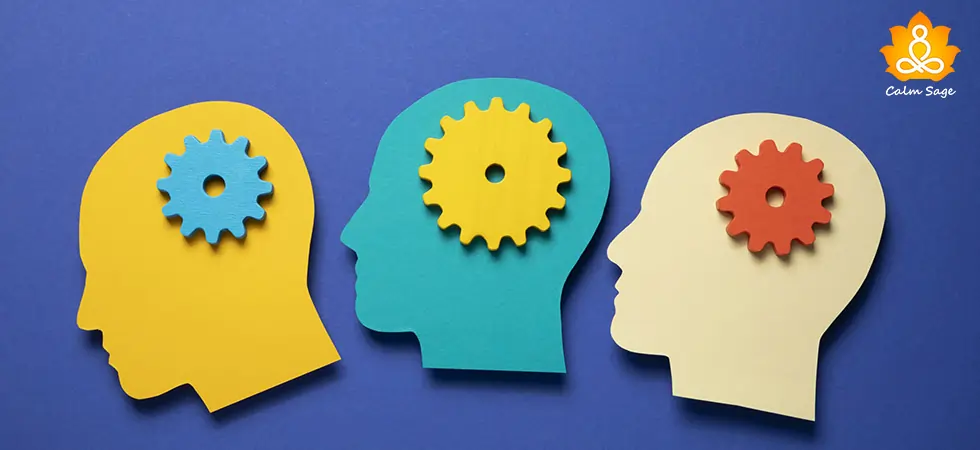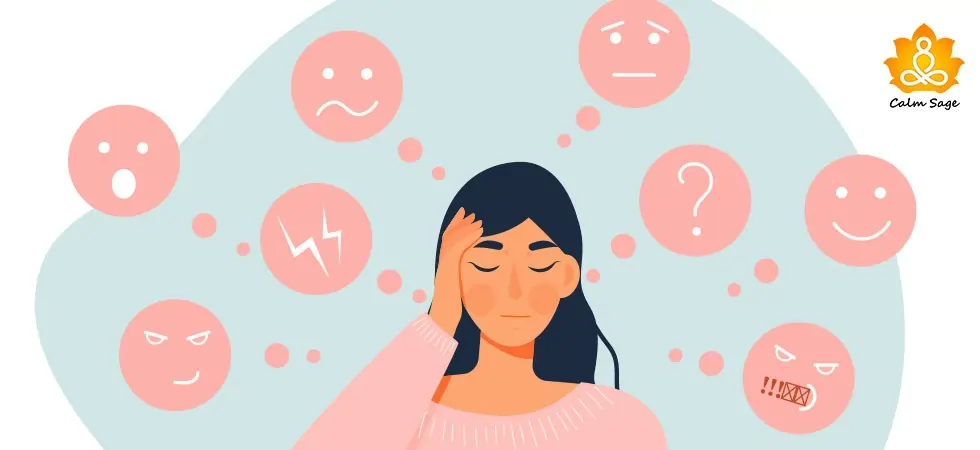Signs and Symptoms of Emotionally Unstable Personality Disorder

EUPD or Emotionally Unstable Personality Disorder can be described as stress and problems that a person faces and undergoes. It is one of the most common personality disorders. A person experiencing emotional instability may project a self-destructive behavior.
Living with this disorder can cause various complications and problems in professional and personal life. People with EUPD can also show traits of Borderline Personality Disorder or BPD, in which the patients become doubtful of everyone around them, even of themselves. They may also have problems with instability of mood; as they can feel excited one moment and sad in the other.
The people who suffer from BPD feel quite bad as they may impact their social and personal relationships as well. They are quite insecure and afraid of meeting new people and forming new relationships. Even after trying, again and again, they fail because the problem hasn’t been diagnosed and nothing has been done to solve the situation.

There are quite a number of treatments available for people suffering from Emotionally Unstable Personality disorder and not even just the specialized treatments, there are some steps that you can take yourself (which are discussed in the below section).
If you don’t want to start with meds right away, you can try some steps, but I would suggest you seek professional help if the symptoms persist. It would be common for people suffering from BPD to incline towards drugs, alcohol, or even junk food habits.
In this blog, I am going to mention some of the traits; a person suffering from EUPD usually projects along with treatment methods.
The 11 Symptoms of EUPD:
1. Fear of getting Abandoned
People suffering from EUPD often fear that they will get abandoned by their loved ones or their family members. They fear that they will be left behind by the people they care about. This fear often comes from a traumatic childhood.
2. Drug Abuse
If not given medical treatment to the patients or clients on time may start indulging themselves in drugs, alcohol, sex abuse as a way to escape from all the other thoughts that they feel due to BPD.
3. Self-Harm and Suicidal tendencies
Many clients and people have been known to show self-harming behavior and suicidal tendencies, due to frequent mood swings, impulsive actions, and depressing thoughts, they tend to go overboard and hurt themselves. People around the patients should take extra care when dealing with them.
If you or someone you know are having suicidal thoughts, then help them with these below actions:
- Call 911 or emergency local number ASAP.
- Call a suicide hotline number.
US Residents can call the National Suicide Prevention Lifeline at 1-800-273-TALK (1-800-273-8255)
- Call your mental health professional right away.
- Reach out to the support system.
- Get in contact with someone from the faith community.
4. Frequent Mood Swings
BPD patients also suffer from frequently changing mood swings. In return, they tend to disturb their interpersonal relationships and social connections.
5. Unjustified Anger Bursts
Sudden and out-of-the-blue anger bursts are also the signs. If a person is known to get angry with just about anything then it does not necessarily mean that the person is suffering from BPD, but a mental health check-up won’t hurt.
6. Impulsive Decision Making
EUPD patients tend to make impulsive decisions. Patience is a rare tool that they are known to use. They can change their whole plans just on a single impulse and won’t care about consequences due to the heat of the moment.
7. Paranoid of people around
People with EUPD are afraid of socializing and being around people. This can happen because of many reasons but the main reasons could be abandonment, fear of getting hurt or hurting someone else’s feelings, and shattering interpersonal relationships.
8. Inferiority complex and feeling of worthlessness
Emotionally unstable people may also feel worthless and inferior. This behavior may make them isolate themselves from the outside world and shut inside. Point to be noted: being socially awkward and suffering from EUPD is different. So try to talk to them and if they show other signs as well, then seek professional help.
9. Unstable Relationships
People with EUPD are not able to maintain long-term relationships. Now, this may also be normal for some people but BPD patients, generally, are unable to maintain commitment and healthy relationships.
10. Feeling emptiness
They feel empty, alone, and left out. Even when they are at the party, you can find them sitting alone in a corner, silently and sipping their drink without talking to anyone and also trying to avoid any possible conversation. And I would say that they came to the party even after being pushed hard, otherwise, they would have avoided going altogether.
11. Stress and dissociation from society
As also mentioned in the above points, the ones who suffer are not able to associate themselves with the crowd and find it difficult to mix up. A social gathering is not just awkward but quite uncomfortable for them.
Therapy Types for EUPD
Commonly, there are two types of therapies that can be used for treating someone with EUPD:
1. Dialectical behavior therapy (DBT)
DPT is a type of talk therapy that helps in addressing the emotional thoughts and challenges that sources EUPD. The basic aim of DBT is to address the main cores of BPD, and its tendencies that make clients emotionally vulnerable.
Basically, DBT teaches clients to accept feelings that allow them to challenge the negative behaviors and change into positivity.
If you wish to read more about DBT, click here.
2. Mentalization-based therapy (MBT)
MBT is a type of psychotherapy that is offered through residential treatment. The basic aim of MBT is to identify and challenge negative thoughts. The core of MBT is to “think about thinking.”
If you wish to read more about MBT, click here.
An abnormal upbringing with lots of violence and chaos may be the cause of EUPD. Many people who have been abused in the past have not been healed since then.
There can be cases of EUPD even if the person has not experienced any trauma. If you know anyone who is known to show these symptoms, traits or behavior you should get them diagnosed as soon as possible.
Book Your Free Session with BetterHelp
As “prevention is better than cure”. Continuous love and proper care by people around are also necessary. Since Emotionally Unstable personality Disorder is usually caused due to social factors around a person, it would be great if the people around the patient could maintain a warm and caring environment.
I hope it helped. Thanks for reading!
You Might Like These Also:





















Helpful topic, thanks.
Informative and helpful for such people great work keep sharing with us.
I'd say this is one of the best article I've read. You nailed it from beginning to end. To write this you might have worked hard for research. King regards, Thompson Raahauge
I have recently been diagnosed with unstable emotional personality disorder. Is eupd worse than upd .I don't understand the difference. Please can someone help me.